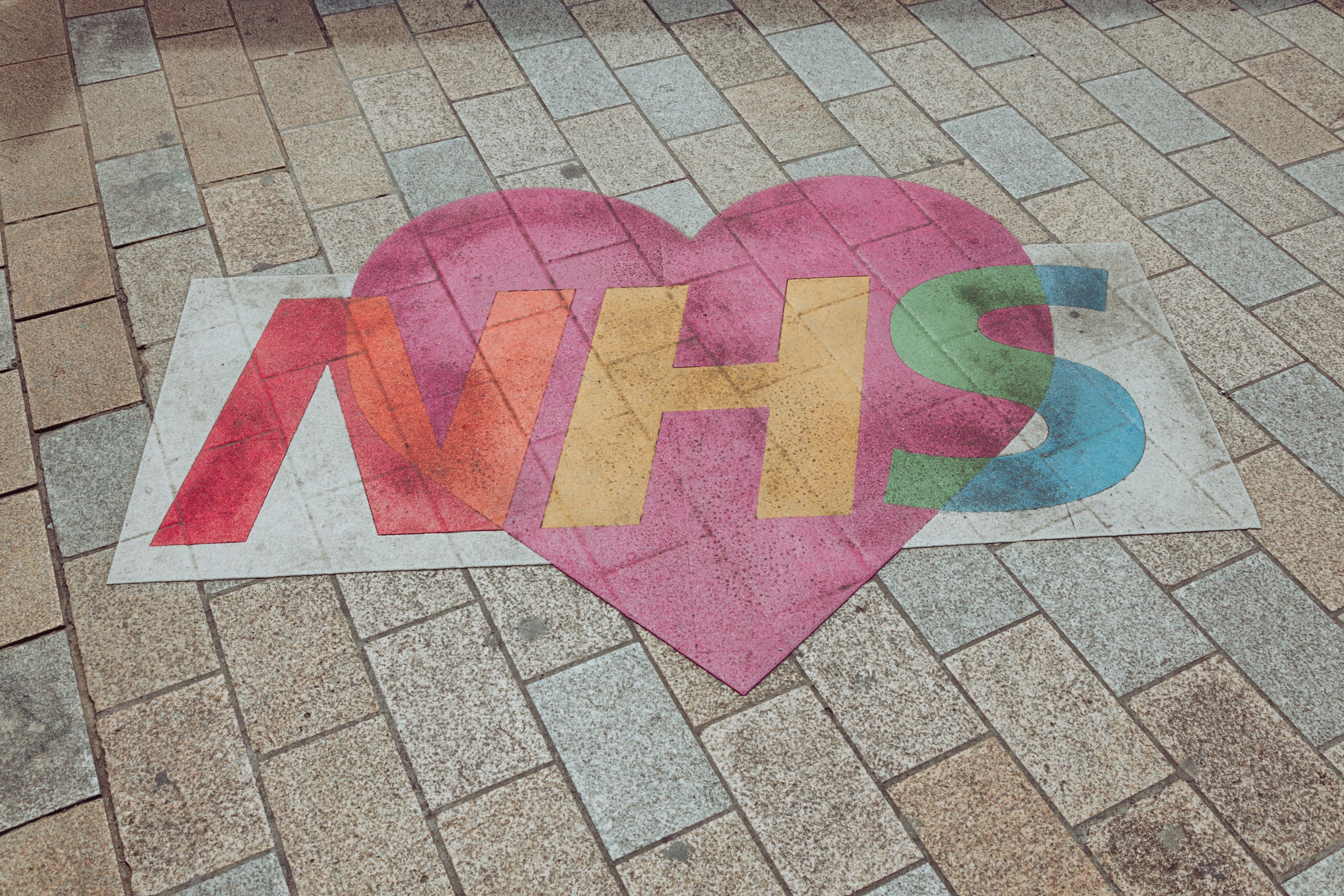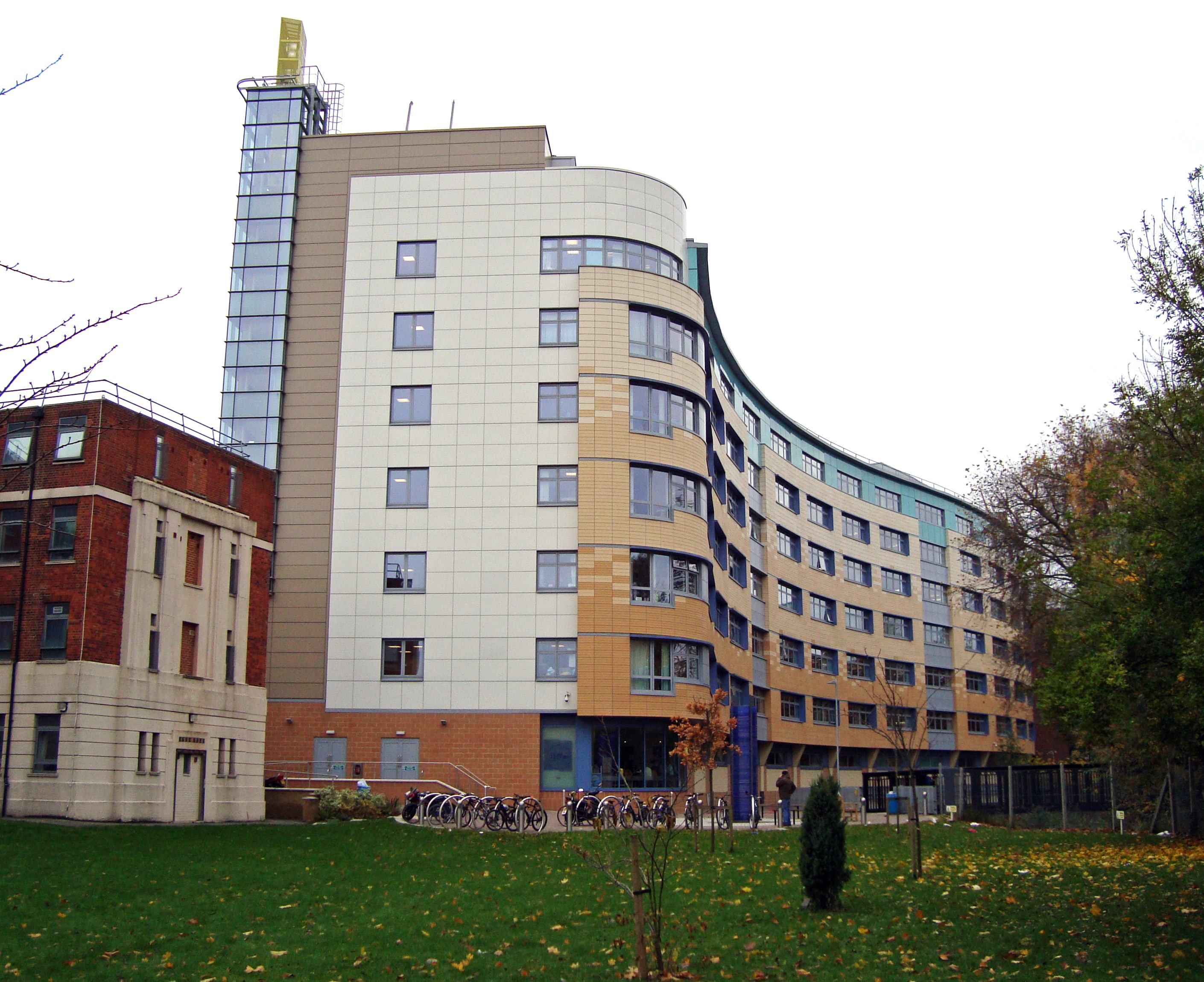- news
Monday, 15th April 2024
Award-winning homelessness project keeps on showing the way forward

Southwark Law Centre’s Homeless Patients Legal Advocacy Service (HPLAS) was expanded to Lewisham in May 2022. Two years since its launch there, we take a look at the benefits the project has brought to the community and the public purse.
The Lewisham division of HPLAS is a collaboration with three different hospitals: University Hospital Lewisham, South London and Maudsley Hospital, and Queen Elizabeth Hospital in Greenwich.
HPLAS is a Health Justice Partnership and takes a holistic legal approach, meaning it is set up to resolve legal problems which cluster. A typical HPLAS client has immigration, housing and welfare benefits problems that are interlinked.
When you break it down it’s easy to see why: lack of valid immigration status might mean no access to work or state support. This might mean no income and no access to housing. The person is trapped. They might have an underlying health condition, or their circumstances now cause one; they end up in hospital.
Hospitals have a duty of care to patients; they cannot discharge them to street homelessness. The problem this results in is ‘bed blocking’—taking up valuable NHS inpatient resources (those for patients staying in hospital overnight) when the person would be better treated as an outpatient. Inpatient services are typically much more expensive than outpatient services—in 2020, it was estimated that one night on a general ward costs over £500. HPLAS works to build a stable future for patients who are stuck in these situations. Its effectiveness has been proven in Southwark, and now in Lewisham:
All patients referred to the project were discharged into accommodation—none were discharged to street homelessness.
In year 1 of the project, 90% of patients (19) had been admitted to University Hospital Lewisham (as inpatients) in the 6 months prior to referral, staying a combined length of 532 days. Following referral to the project, only 2 patients were admitted.
The project has therefore contributed to a shift from the use of high-cost hospital resources to low-cost hospital resources, all while securing better outcomes for patients. Take the case of HPLAS client, Bayo:
Bayo* is an elderly and frail Nigerian man who has been resident in the UK for many years as an overstayer. Homeless and destitute, he was referred to Southwark Law Centre in September 2022. Bayo has impaired mobility and diabetes. Lack of access to insulin or poor management of his condition could be fatal. The Law Centre made urgent applications to the Home Office to ensure he was placed in accommodation adjusted to his health needs and commutable to Queen Elizabeth Hospital to continue treatment as an outpatient. He now has a ground floor single occupancy room and weekly subsistence, enabling him to eat regularly. The Law Centre is continuing with Bayo’s immigration case. *Name has been changed.
Bayo’s case provides an insight into the complex situations facing HPLAS clients, which can take a long time to resolve. Some NHS patients need more help than others, and not all of it is medical.
HPLAS has stopped being an experiment and is starting to be recognised as a service model to deliver on the NHS's overarching aim of reducing health inequalities. To build a stronger NHS and a healthier society, it is imperative that Health Justice Partnerships form a part of normal service delivery.
Georgina O'Reilly, Immigration Solicitor at Southwark Law Centre, said:
"I firmly believe the patients who were assisted would not have received legal advice without the existence of this project, and this may have impacted on their ability to access treatment, housing, financial support, social care, and prevent exploitation from others."
Read the full evaluation report.
For media enquiries, please contact media@lawcentres.org.uk.

Lewisham University Hospital (Gilo1969, CC BY-SA 3.0, via Wikimedia Commons)
Latest News
Monday, 1st December 2025
Law Centre housing lawyer celebrated for "energy, empathy and resolve"Friday, 21st November 2025
Navigating Uncertainty: our latest annual review is outMonday, 10th November 2025
Remembering Sir Geoffrey Bindman
Stay in the loop
Sign up for our monthly newsletter to stay in the loop